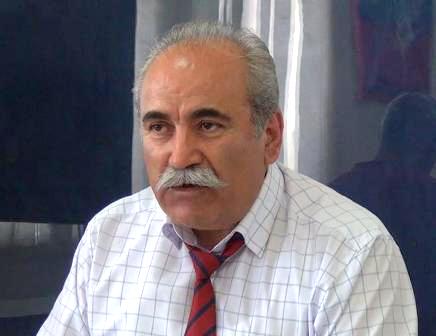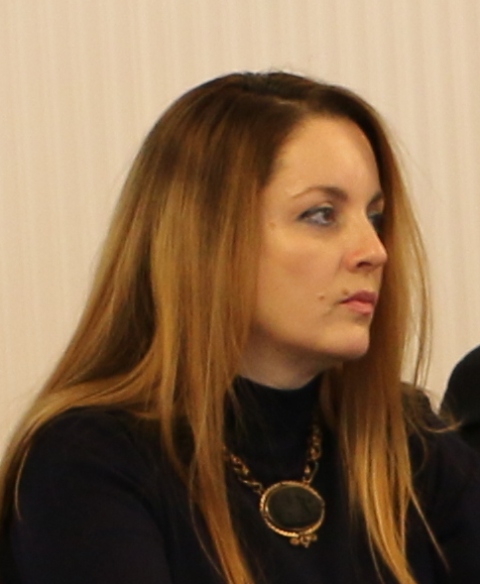 The Hague-based court’s top prosecutor is seeking arrest warrants for Israel’s PM Benjamin Netanyahu and Hamas leader Yahya Sinwar, among others, on charges of war crimes and crimes against humanity.
The Hague-based court’s top prosecutor is seeking arrest warrants for Israel’s PM Benjamin Netanyahu and Hamas leader Yahya Sinwar, among others, on charges of war crimes and crimes against humanity.
International Criminal Court’s top prosecutor has requested the court to issue arrest warrants against Israeli PM Benjamin Netanyahu, Defence Minister Yoav Gallant and three other Hamas leaders — Yehya Sinwar, Mohammed Deif and Ismail Haniyeh — accused of being responsible for war crimes and crimes against humanity.
Amongst other alleged crimes, a statement issued by the ICC’s Chief Prosecutor Karim Khan Monday accused Netanyahu and Gallant of using starvation of civilians as a method of warfare and “intentionally directing attacks against a civilian population as a war crime”.
ICC’s judges will now examine the evidence and decide whether warrants can be issued.
The decision does not mean that Netanyahu or Gallant face immediate risk of prosecution. However, the move could deepen Israel’s isolation and make it more difficult for Israeli leaders to travel to other countries on diplomatic visits — especially if ICC’s judges decide to formally issue arrest warrants.
The International Criminal Court was established in 2002 with the signing of the Rome Statute. Israel is not one of the 124 countries that have ratified the agreement, allowing the ICC as a global court to prosecute individuals for war crimes, crimes against humanity and genocide.
Hamas members Sinwar, Al-Masri and Haniyeh were accused of murder as a crime against humanity, acts of sexual violence and taking hostages as a war crime.
In reference to Netanyahu and Gallant, he added that “the effects of the use of starvation as a method of warfare, together with other attacks and collective punishment against the civilian population of Gaza, are acute, visible and widely known.” He also said that Hamas’s actions on 7 October “demand accountability”.
The ICC has been investigating Israel’s actions in Gaza for the past three years.
In the past, Khan has taken part in major international war crimes and crimes against humanity cases, including those in the former Yugoslavia, Rwanda, Cambodia and Lebanon.







